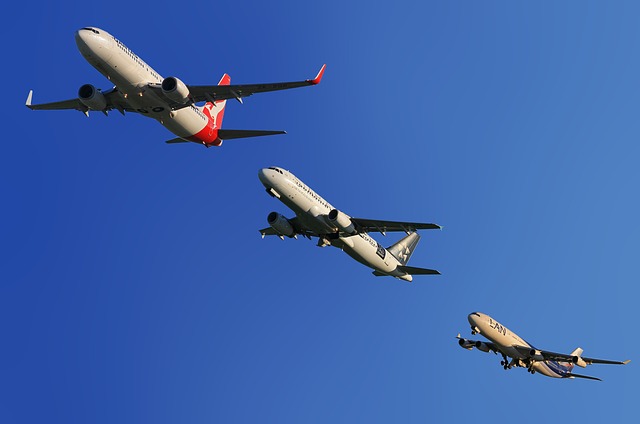ATSB: Poor ATC communication nearly caused Brisbane mid-air collision

A strange combination of factors led to a near collision of two passenger jets over Australia, the Transport Safety Bureau said in a report.
Two Boeing 737 jets breached air proximity rules due to thunderstorms, a parachuting competition and lax communication between different air traffic control systems.
A Qantas plane flying to Brisbane was just 2.1 nautical miles horizontally and 650 feet vertically from an outbound Virgin Australia flight.
The minimum allowed is three nautical miles and a vertical separation of 1000 feet.
The Qantas plane was approaching Brisbane via military-controlled airspace near an Air Force Base while the Virgin jet was under instruction by civilian air traffic controllers in Brisbane.
A parachuting championship taking place forced Airservices Australia to reconfigure its Brisbane air traffic control centre but this wasn’t communicated to military controllers.
The two systems can only currently share data manually while a new joint system is under development.
The Virgin plane was due to make a turn but because of the stormy weather, the Virgin plane had to continue on its current course taking it into the military-controlled airspace.
The two control centres worked on different radio frequencies causing a delay in communication.
"This delay in communication between Amberley and Brisbane ATC reduced the amount of time available to recover the impending loss of separation while the aircraft were closing on reciprocal tracks in opposite directions," the report said of the October 2018 incident.
"If this configuration change was immediately relayed to Amberley ATC, it would have allowed the Amberley approach controller more time to resolve the impending conflict between the two aircraft."
"This investigation highlights the importance of clear communication and coordination between air traffic controllers operating in different, yet immediately adjacent airspace, and the need for a clear understanding of the responsibility for separation assurance," said ATSB director of transport safety, Dr Stuart Godley.
TravelMole Editorial Team
Editor for TravelMole North America and Asia pacific regions. Ray is a highly experienced (15+ years) skilled journalist and editor predominantly in travel, hospitality and lifestyle working with a huge number of major market-leading brands. He has also cover in-depth news, interviews and features in general business, finance, tech and geopolitical issues for a select few major news outlets and publishers.
 United Kingdom
United Kingdom United States
United States Asia Pacific
Asia Pacific












































Dozens fall ill in P&O Cruises ship outbreak
Boy falls to death on cruise ship
Turkish Airlines flight in emergency landing after pilot dies
Unexpected wave rocks cruise ship
Woman dies after going overboard in English Channel